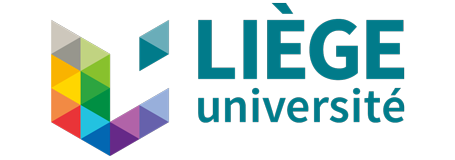
Vous allez être redirigé... You will be redirected...
Merci de patienter…
Please wait…
Si vous n’êtes pas redirigé automatiquement, merci de cliquer ici.
If you are not automatically redirected, please click here.

Merci de patienter…
Please wait…
Si vous n’êtes pas redirigé automatiquement, merci de cliquer ici.
If you are not automatically redirected, please click here.